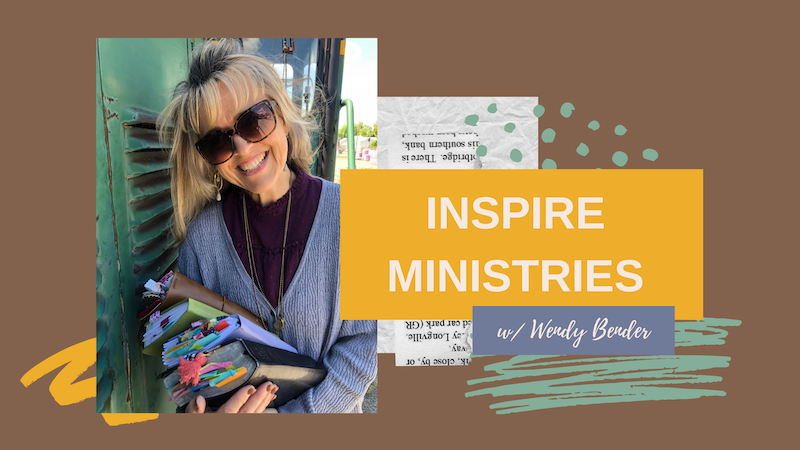From The Archives...
2 Kings 2:10 says, “‘You have asked a difficult thing’, Elijah replied. ‘If you see me when I am taken from you, then you will get your request. But if not, then you won’t.’” The Message in part says, “...only if you’re watching.”
Elijah was getting ready to be taken up to heaven and Elisha, his predecessor, was asking for a double portion of his spirit before he departed. After spending time with his mentor, Elisha was preparing to take up the mantle of leadership and become Elijah’s successor.
And Elijah tells him, “If you see me when I’m leaving you will get it, but if you don’t see me, you won’t.”
What I think he’s saying here is, “If you stick with me to the end, if you keep your eyes on me and on the work of our Lord (Elijah was one of only 2 spared from natural death), then you’ll be worthy to inherit my mantle and replace my leadership.”
“Watching people” inherit the prize. The one nearest to the Lord and the one attentively focused on His work and His ways, will get to experience through sight what isn’t visible through neglect. My commentary says beautifully, “The mountains get the first gleam of sun.” Yes! They’re the ones standing tall and expectant!
Elisha was a watchful Spirit. He understood before the inspired Word would reveal the secret, “Ask and it shall be given to you, seek and you shall find, look and you shall see, knock and it will be opened.”
Isaac newton was once asked why he was so much greater than others in his particular science. His response, “I do not know, except I, perhaps, pay more attention they do.”
The lazy get nothing. The shut eye sees nothing. Oh Lord, open my eyes that I might see!
Your double share is achieved by your watchful spirit.
What I think he’s saying here is, “If you stick with me to the end, if you keep your eyes on me and on the work of our Lord (Elijah was one of only 2 spared from natural death), then you’ll be worthy to inherit my mantle and replace my leadership.”
“Watching people” inherit the prize. The one nearest to the Lord and the one attentively focused on His work and His ways, will get to experience through sight what isn’t visible through neglect. My commentary says beautifully, “The mountains get the first gleam of sun.” Yes! They’re the ones standing tall and expectant!
Elisha was a watchful Spirit. He understood before the inspired Word would reveal the secret, “Ask and it shall be given to you, seek and you shall find, look and you shall see, knock and it will be opened.”
Isaac newton was once asked why he was so much greater than others in his particular science. His response, “I do not know, except I, perhaps, pay more attention they do.”
The lazy get nothing. The shut eye sees nothing. Oh Lord, open my eyes that I might see!
Your double share is achieved by your watchful spirit.


























